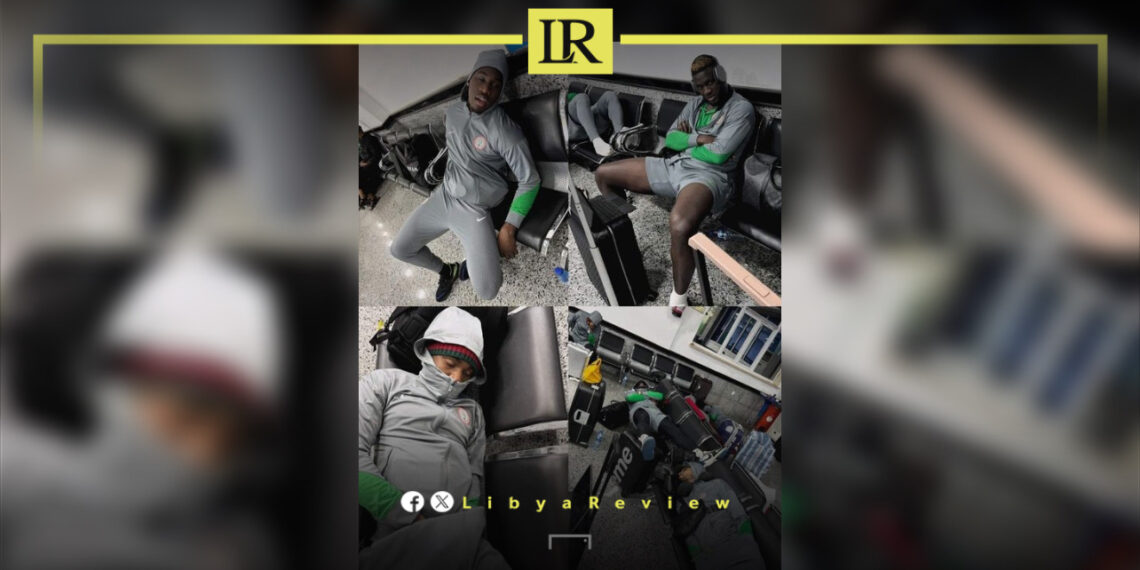On Thursday, the Nigerian Senate condemned the treatment of Nigeria’s national football team by Libyan authorities, calling the actions unacceptable and contrary to the spirit of sportsmanship.
In a statement, the Senate emphasized that sports should foster unity, competition, and camaraderie between nations, but the poor treatment of the Nigerian team was “horrific and deserving of condemnation.”
Deputy Senate President Barau Jibrin urged Libyan authorities, including Libya’s ambassador to Nigeria, to issue an official apology to the team to prevent a diplomatic crisis. He emphasized the importance of resolving the issue quickly and diplomatically to maintain friendly relations between the two nations.
Senate President Godswill Akpabio demanded a thorough investigation by the Confederation of African Football (CAF) and appropriate sanctions against those responsible. Akpabio also called on Libyan authorities to investigate the incident, hold those involved accountable, and take steps to prevent future occurrences.
The tensions between Libya and Nigeria began on October 9, when the Libyan national football team traveled to Nigeria for the first leg of their Africa Cup of Nations (AFCON) qualifier. Upon arrival, the Libyan team encountered numerous logistical challenges. Their plane was diverted to a remote airport located 200 kilometers away from the match venue, forcing them to endure a lengthy, difficult journey.
Buses meant to transport the Libyan team arrived late and were in poor condition. The players had to travel through rough forested roads without proper security, raising concerns for their safety. Upon arriving at their hotel, they faced inappropriate security checks, which they described as invasive. Further complicating matters, fans invaded the Libyan team’s training session, disrupting their preparations for the match. To make things worse, a vehicle carrying team equipment was stolen, causing delays in the players’ arrival at the hotel.
On October 14, the Nigerian national team traveled to Libya for the second leg of the qualifier, but the reception they received mirrored the challenges the Libyan team had faced in Nigeria. The Nigerian team’s plane was diverted to Al Abraq Airport, located 200 kilometers from Benghazi, creating another transportation obstacle.
The Nigerian delegation reported that they were held at the airport for 13 hours without food, WiFi, or a place to rest. Nigerian forward Victor Boniface shared his frustrations on X (formerly Twitter), writing: “We stayed at the airport for 13 hours without food, WiFi, or a place to sleep.” The players were eventually transported to their destination in small, cramped buses, adding to their discomfort.
Citing the poor conditions, the Nigerian team decided to withdraw from the match, leading CAF to launch an official investigation into the events.
The Nigerian team’s withdrawal from the match in Benghazi sparked widespread controversy, prompting CAF to open an investigation. The Libyan Football Federation defended its handling of the situation, arguing that it had adhered to all protocols for receiving the Nigerian team. It also noted that the treatment of the Nigerian team in Libya did not compare to what the Libyan team had experienced in Nigeria.


